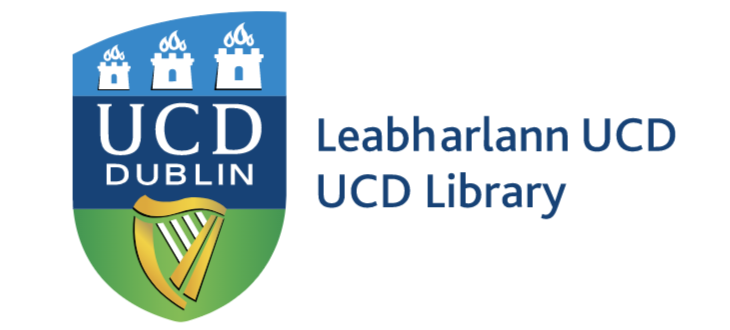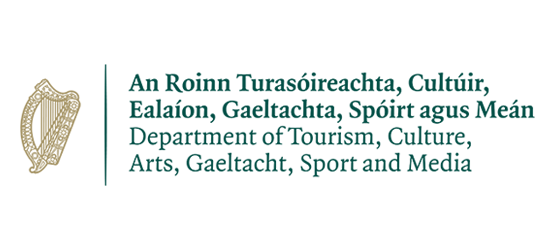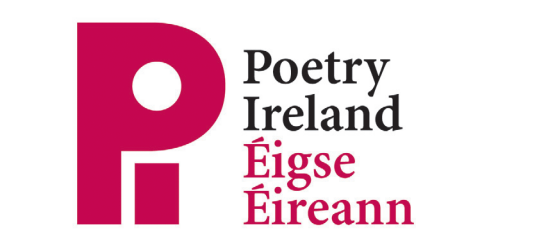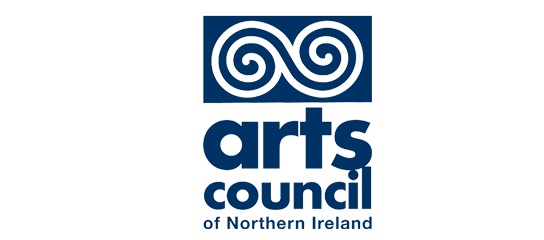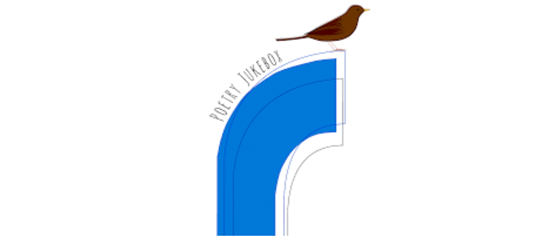Wound
by Chiamaka Enyi-Amadi
But these are women we loved
— Eavan Boland, ‘The Historians’
~May 1921~
The windswept hills of Castlecomer were once a sanctuary. Now the local miner’s teen daughter coats her palate in liquor from the Tans’ barracks. She gathers coal, conjures yellow light, scrapes red phosphorus palms against hearthstone and magics a pair of plump steaks. Flames leap out to lick the juices. Garnish with rosemary and with a teaspoon of honey seal the wound—Maidservant, she knows the sting verbatim. Her fingers sweet meat strips for the men of the ‘Comer colliery out h(a)unting. A dozen local volunteers, her father’s former friends armed with hunger, drag the last witch of Kilkenny down to the valley
where River Dinan is waiting
They start on my delicious hands, save my head for last.
(A girl’s hair is her crowning glory)
Each curl cut from its follicle, shorn from waist to scalp.
(A girl with a weak heart would have died with the shock)
I am the slippery water, drifting past the withered reeds south of River Liffey into the little whitewashed room off the hall at Kilmainham. Guarded flames stuttering in the early nights of May 1916. A séance of fenian wives and sisters, keeping vigil, bidding farewell to their dwindling commune of condemned rebels. Tasked with the accumulating burden: Shutting the steel gates against grief’s broken brow
facing the enemy on all sides.
This is one of ten poems commissioned by UCD Library, Poetry Ireland, and Arts Council Northern Ireland as part of Poetry as Commemoration, a two-year initiative supported by the Department of Tourism, Culture, Arts, Gaeltacht, Sport and Media, under the Decade of Centenaries 2012-2023 programme.
The aim of Poetry as Commemoration is to encourage creative engagement with the material history of the Irish War of Independence & the Civil War.
This poem was inspired by several archival documents and newspaper reports relating to the punishment of women by hair-cutting during the War of Independence. Collections include ‘The Schools’ Collection’ Dúchas.ie, Bureau of Military History, and Irish Newspaper Archives.
It will be published in Grief’s Broken Brow, a limited fine press edition designed and produced by Jamie Murphy at The Salvage Press featuring original artwork by James Earley. Grief’s Broken Brow will be presented as a gift to 100 repositories providing a tangible record of the Decade of Centenaries and a legacy object for future generations. Poems are made available to the public via Poetry Jukeboxes, the Poetry as Commemoration website, and the Irish Poetry Reading Archive.

